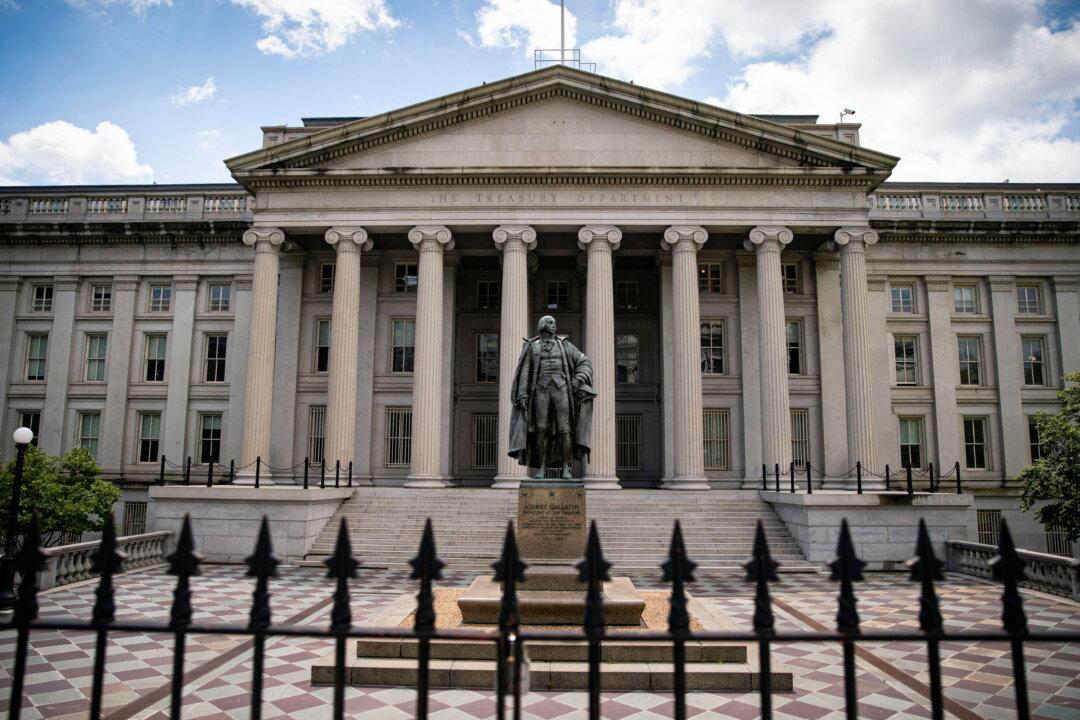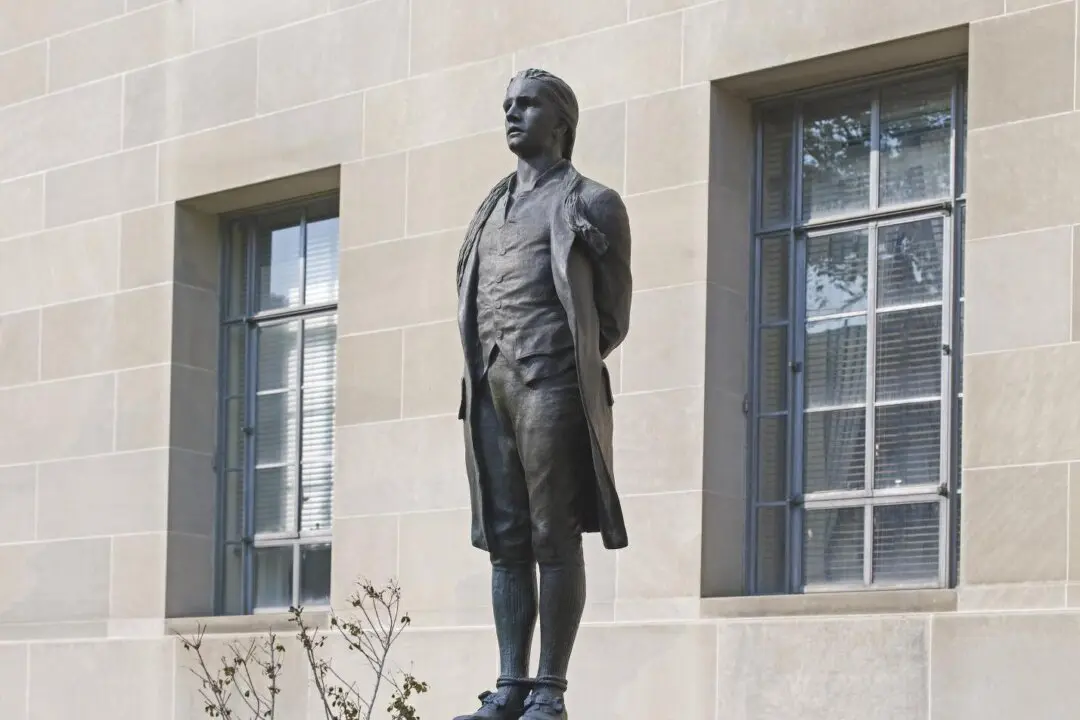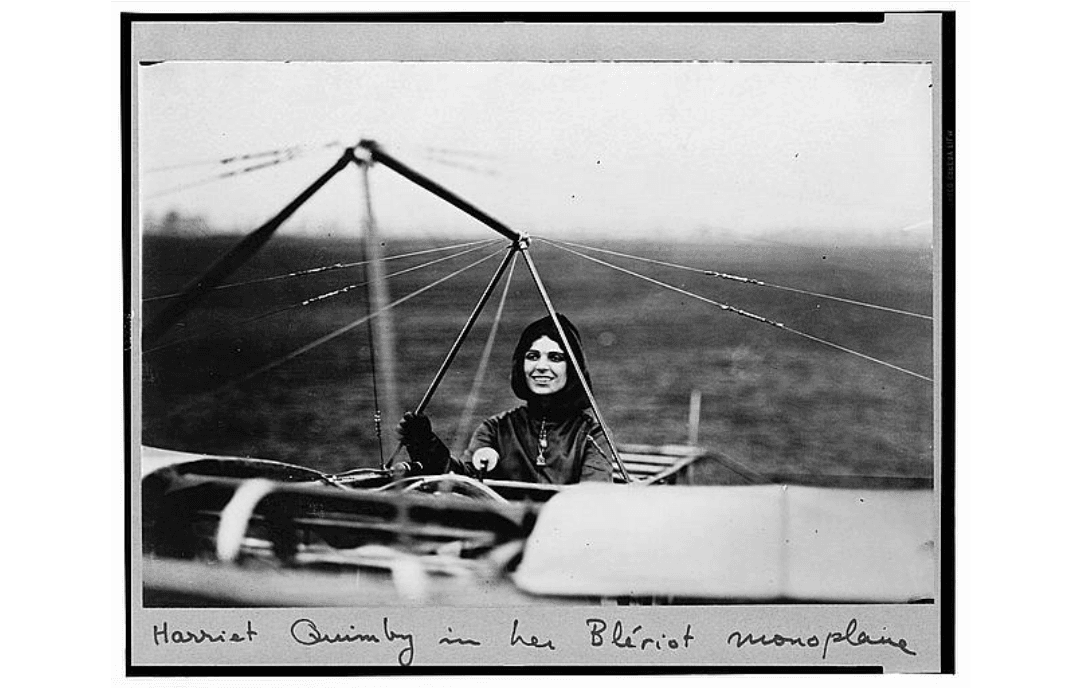Commentary
Note: This is the second of three essays about America’s longest-serving Treasury secretary, Albert Gallatin. Part one can be read here. All three are dedicated to my good friends, the Eddy Family of Spicewood, Texas—faithful supporters of FEE and direct descendants of the great man himself, Albert Gallatin.





